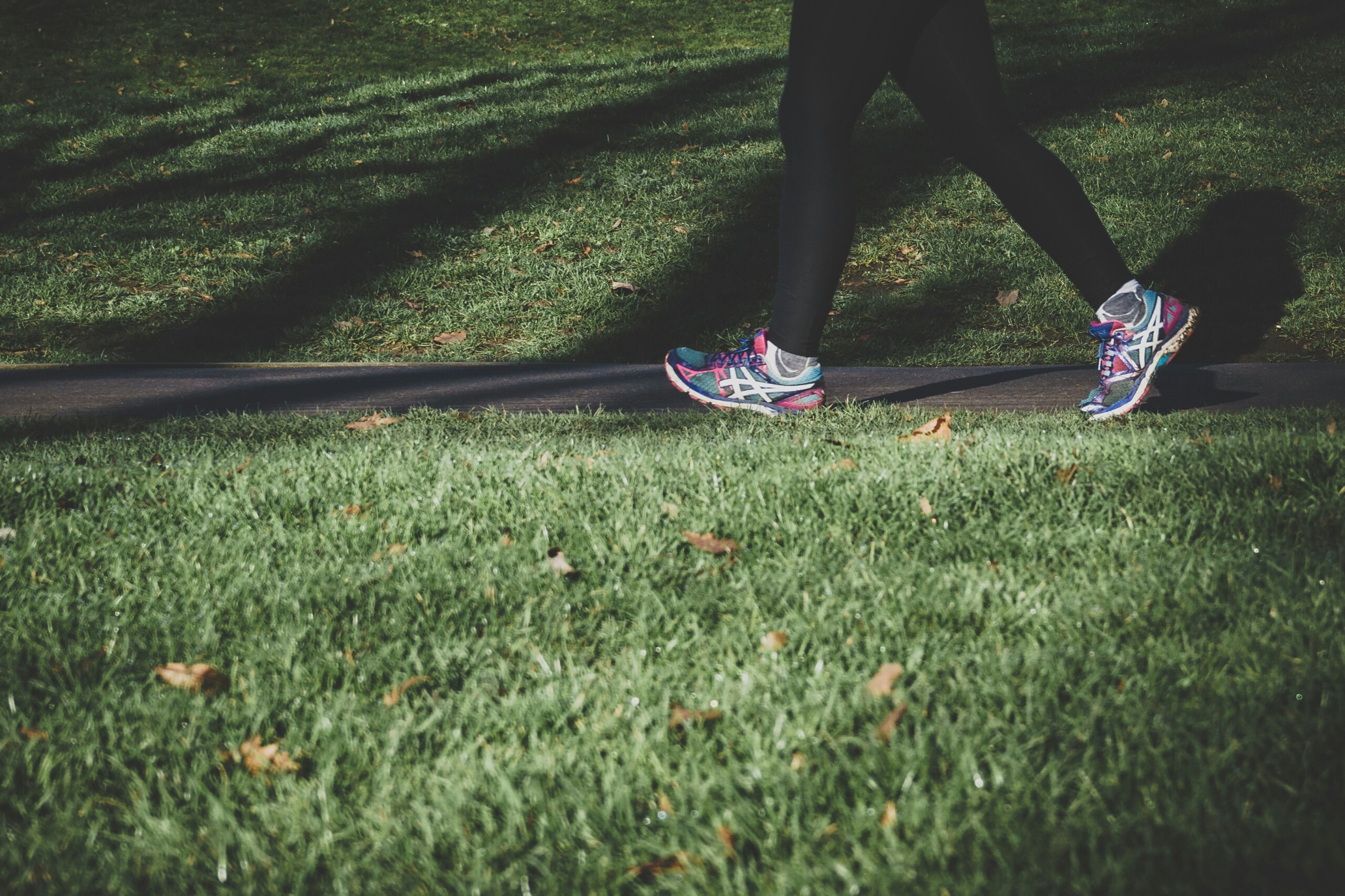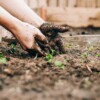I am currently co-writing with Jason Duesing a biography of the great missionary Adoniram Judson. It is due to Crossway in mid-2026. Judson is best known for translating the whole Bible into Burmese. This monumental translation is still used today in the Baptist churches of Myanmar (Burma).
Judson also maintained an impressive fitness regimen, one that was steady and probably life-sustaining in an environment where many missionaries died early from disease. Day after day for years, Judson took brisk walks in the mornings and some evenings. He did this despite his incredible productivity and prodigious learning in the Burmese language and biblical scholarship, not to mention his family and pastoring duties.
Judson told his stepson (both he and his wife Sarah had lost their first spouses to death in Burma) in 1840 that he should “rise every morning between light and sunrise, and take a quick walk of a mile or more, and to the top of some hill, if there be one in the vicinity…and in the winter, when you may not be able to walk, get some equivalent exercise in cutting wood or some other work.”
Judson said that he had kept up this routine for thirty-five years. To it, “under God, I ascribe the good health and the long life I have enjoyed in this unpropitious climate.” Sarah frequently accompanied him on the walks.
If the boy adopted such a routine, he would find his “appetite improving, your health becoming firm, and your repose by night undisturbed.” (The boy was having a lot of nightmares.)
When you consider how phenomenally productive Judson was, you might wonder, how was he able also to maintain this fitness regimen too? I suspect Judson would tell us that the physical regimen helped enable his scholarly productivity.
A fitness routine has not been a consistent strength of mine, though I am in a pretty good rhythm right now. For most of my working life, writing and spiritual disciplines like morning prayer and Scripture reading have been steadier than fitness.
But I am persuaded that for scholars, pastors, and creatives, fitness is especially urgent, since we don’t typically have physical work built into our vocational responsibilities. You do not need to run a marathon (though by all means do so if you wish) to maintain fitness that complements the writing life, which is so often sedentary.
I obviously have not discovered any magic formula myself, but here are a few tips on maintaining a good fitness routine:
- Make it a habit. You can see this in Judson’s advice. He went walking every morning for thirty-five years! I find that the resistance to any habit melts when I don’t have to think about it or “fit it into” my daily schedule. It’s just automatic.
- Build exercise into other things you need or want to do. You see this in Judson’s wintertime advice. The boy had to chop wood anyway, so that could suffice as his daily exercise when it was harder to get out for a walk. I started mowing the grass again after our boys left home, although I could certainly justify paying a yard service. I do this partly to build in more walking outside into my weekly routine. Longtime readers also know that I do a lot of kayak fishing, which is both a hobby and exercise – and I absolutely love doing it.
- Don’t self-sabotage. Judson ate a modest and healthy diet that helped keep him fit well into middle age. (He wouldn’t have known the word “pescatarian,” but it probably described a lot of his food intake.) His era, and certainly the Burma of the 1800s, did not yet battle the temptations presented by the modern food industry. He also was adamantly opposed to drinking. Whatever leads you to bingeing and self-sabotage, whether it be alcohol, or chips, or sweets, the best thing is to keep it out of your house.
Judson spent enormous time in his study, poring over works of biblical scholarship and agonizing over the best way to translate a Greek or Hebrew term into Burmese. But day after day he also maintained that enlivening exercise routine, because he saw it essential to his bodily health, just as prayer and devotional reading was essential to his spiritual health.
NOte: This post originally appeared on Thomas Kidd’s substack and is reposted here with the author’s permission.






















